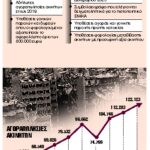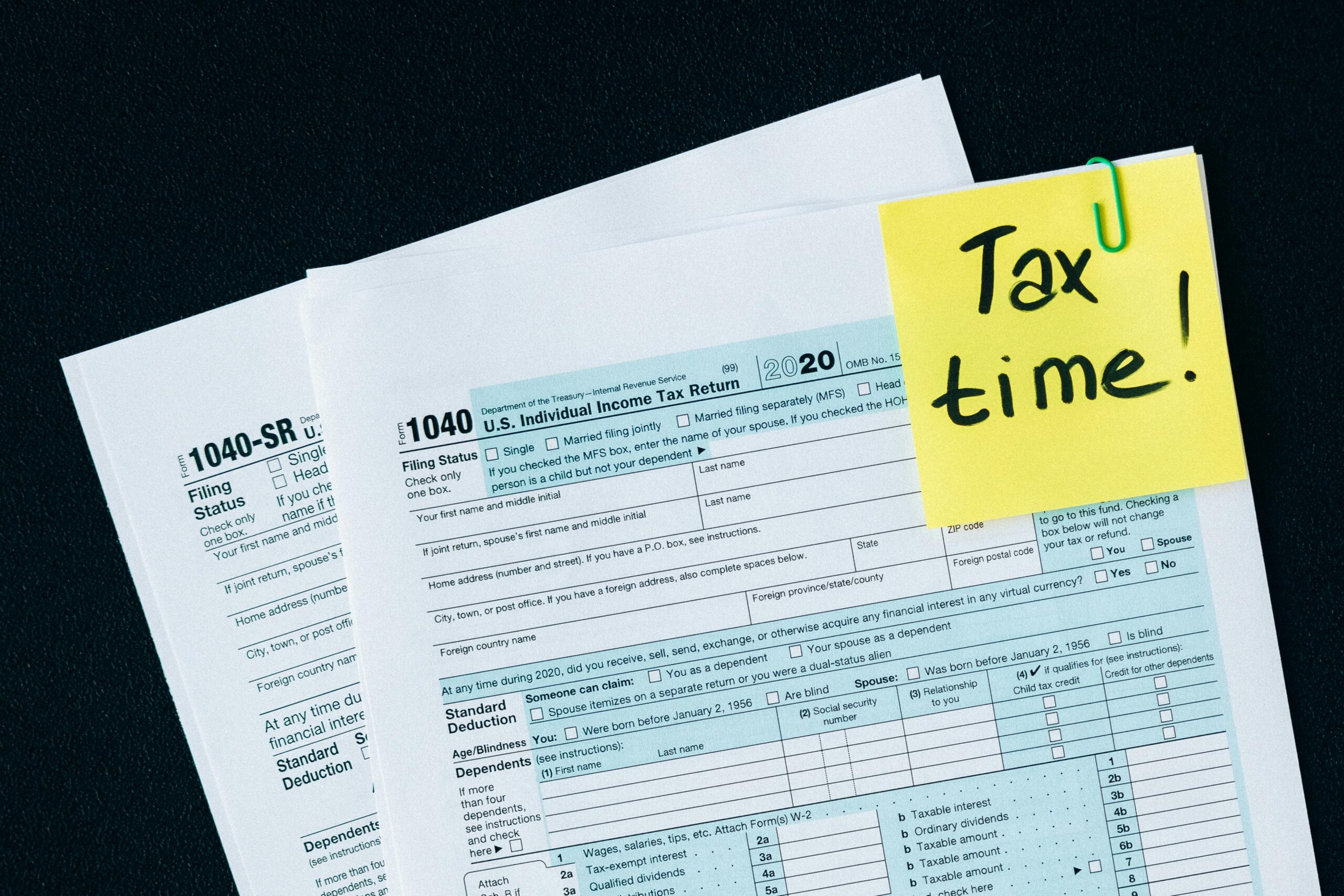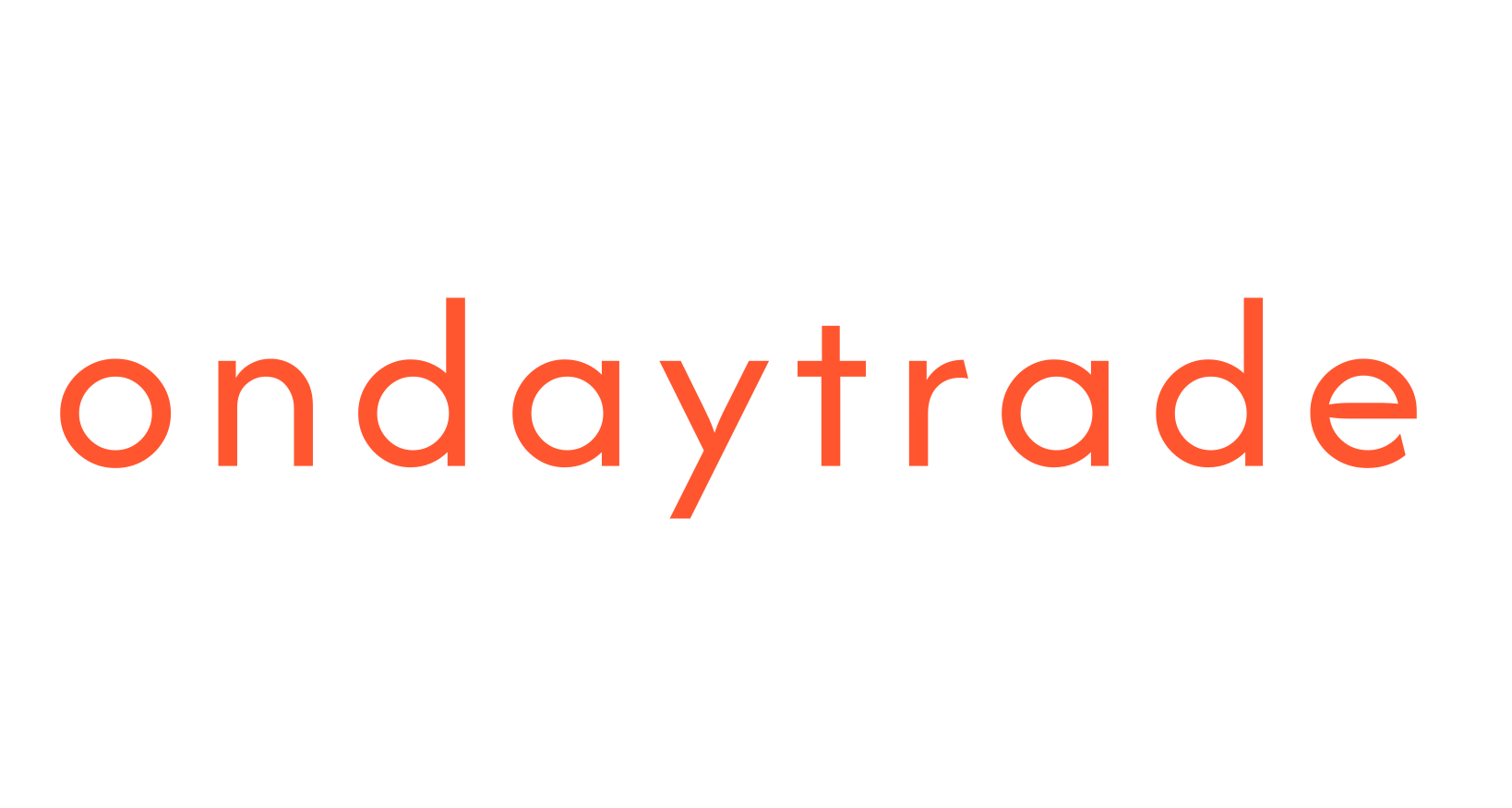Protection mechanisms in the field of competition By the requirements of the Law “On Protection of Competition,” in February 2004, the procedures for the election of members and chairman of the Competition Commission were completed, based on the Albanian Parliament’s proposals, the Council of Ministers, and the President. With this act, from 26.02.2004, the Competition Authority officially started its activity as an independent public institution, responsible for controlling the implementation of the competition rules. It consists of the Competition Commission, as the decision-making body and the Secretariat, as the executive body. The Competition Commission acts as a permanent structure. It has all the necessary powers to make decisions on its initiative on issues that limit, hinder or distort competition in the market, both for private and public enterprises, and propose the necessary measures to protect the free and useful game. The Competition Commission submits to the Assembly the annual work report of the Authority.
To properly exercise its legal competencies, the Authority has sought to have sufficient staff and expertise and has intended to enable its effective engagement. However, these years’ practice has shown that, in terms of strengthening institutional capacity, administrative and professional. From the analysis of the Competition Authority’s activity, it can be concluded that the existence of current competition law or a Competition Authority as an independent body is not sufficient conditions for the effective implementation of competition law and policy. This necessitates the strengthening of the Competition Authority’s institutional and professional capacities, to play an active role in the rigorous and effective implementation of the law on the protection of competition and to be an advocate for the development of economic reforms according to the principles of the game.
The guiding principles, based on which the law, national policy, and the Albanian Competition Authority’s activity are realized, are:
(i) Equality Applying the principles of competition in such a way that it does not allow discrimination of economic enterprises in the same circumstances.
(ii) Inclusion implies a broad application of regulatory and game principles in economic activities, including goods, services, private and public business activities, recognition of the extent of competition in development policies and reforms affecting the efficient functioning of markets, protecting the competition process and creating and maintaining an environment for the free and useful game. Competitive markets also require an excellent overall legal framework, clear property rights, and a non-discriminatory, efficient, and effective environment.
(iii) Transparency In the exercise of its activity, the Competition Authority must be open, indicating the reasons for the decisions taken and always informing about the action and the results achieved. CA responds to the public through annual reporting to the Assembly, statements and press releases on the website, press conferences, etc.
(iv) Accountability Clear administration responsibility is required to enforce competition and efficiency rules in policy development and administration. The Competition Authority will act by national and sectoral strategies of economic and social development to increase citizens’ well-being.
(v) A credible institution The institution’s activity will establish credibility for the integrity of statements and decisions, based on ongoing studies and taking into account the opinions of market actors.
Authority I The competition acts on the principle of honesty, makes decisions, and publishes accurate data on its activity. (vi) An institution with integrity The institution must not place itself in financial or other liabilities that may adversely affect or impede its performance of its essential tasks. The Competition Authority explains annually before the Assembly the use of financial resources allocated from the state budget. It maintains accurate financial reports, which are controlled by the Supreme State Audit (vii), A cooperating institution. The institution’s work is based on the principle of cooperation with all market actors and factors, with constitutional institutions, government, regulatory bodies, consumer representatives, regional counterpart institutions, and the Directorate-General for Competition in the European Commission.
The Law on Protection of Competition aims to achieve the objective of free and useful competition in the market, acting mainly on artificial barriers that increase the enterprise’s market power, leading to restrictions on competition. Likewise, works against abusive behaviors and concentrations to create or strengthen a dominant position, leading to rising consumer prices, limiting production and product choice, limiting innovation, customer service, and, in general, reducing the well-being of the consumer.
One of the main tools in law enforcement and increasing the Competition Authority’s role for the protection of free competition in the market is the penalization of companies for violations of the law. Fines are divided into two categories:
a) Fines of minor breaches, where the amount of the acceptable ranges from 0.1 -1% of the previous financial year’s total turnover. This includes all procedural violations, such as refusing to provide information or providing inaccurate information.
b) Fines of severe offenses, where the amount of the acceptable ranges from 2 to 10% of the total turnover of the previous financial year. This includes breaches of enterprises, such as horizontal restrictions through cartel agreements aimed at fixing prices, production or sales quotas, market sharing, and other unfair trading conditions, reducing imports or exports and other practices, which jeopardize the functioning of the market itself. This includes the abuse of a dominant position (a refusal to supply, discrimination, exclusion, significant price reductions), made by a dominant company to exclude competitors from the market.










